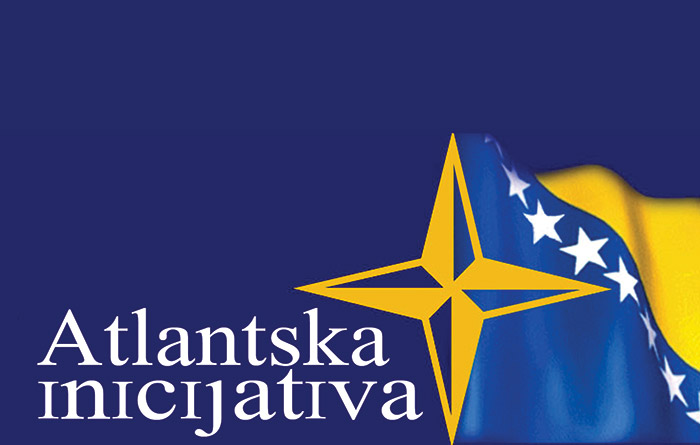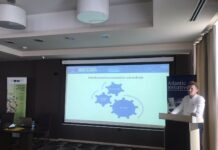Research on the security needs and problems of Roma people in BiH was designed, launched, and led by the Atlantic Initiative and implemented in cooperation with the Roma Information Centre Kali Sara. The research was conducted in the period between March and August 2013. This was the first research of its type, based on a qualitative methodology using semi-structured interviews and extended field research; the methodology, interview questions, and research locations were conjointly selected by representatives of the Atlantic Initiative and Kali Sara. Semi-structured interviews with Roma (number of interviews = 35) were conducted in Živinice, Čapljina, Bijeljina, Modriča, and Kakanj. Interviews with police representatives were conducted in these locations as well (number of interviews=10).
The research poignantly unveiled the dire conditions in which Roma people live, with high rates of unemployment, a lack of health care, and poor housing conditions that make their everyday life very difficult. Furthermore, the research also demonstrated the level of institutional and daily discrimination that Roma people face, including being subjected to verbal and physical attacks. The police constantly deal with racial crime in Roma neighborhoods, including cases of physical assault and arson, but the perpetrators are never convicted.
Our analysis has shown that Roma do not trust the police and that they view the police as a threat rather than as law enforcement representatives. On the other hand, police representatives that took part in this research (N=10) claim that the police take a professional stance with Roma people. They state that strong discrimination, poor living conditions, and the security issues Roma encounter are caused by the very lifestyle of Roma people which is, they claim, different from the standard lifestyle in BiH. Moreover, the police do not deem that the safety of Roma people is a problem or that this is a topic that needs special attention.
The report on this research includes recommendations for organizations working on Roma issues, for international organizations, as well as for all levels of authority in Bosnia and Herzegovina and the police. The recommendations relate to developing effective solutions for the safety issues Roma people in BiH report experiencing. This report was translated into English and Romani language and published in October 2013.








